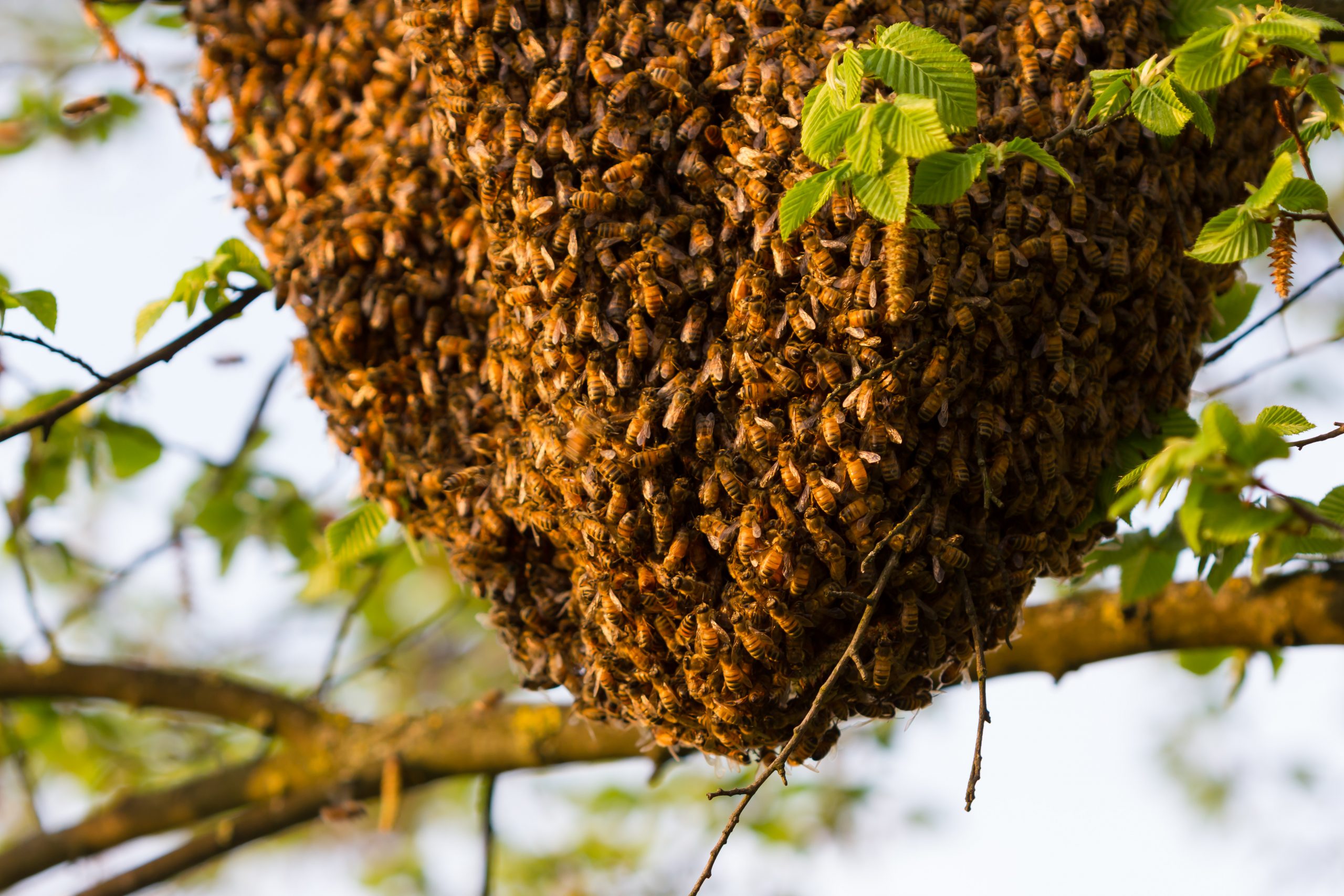Veteran Beekeeper Dispels “Killer Honeybee” Myths
March 23, 2016
Bee Colony Collapse, Honey Bees
It’s likely we all have seen or at least heard of those old horror movies that featured “killer bees” attacking small towns and their people by the thousands, only to be put down heroically by the protagonists by the movie’s end. Those killer bees, almost always “African killer bees,” have likely created an image in the minds of many that remains the general trope for our understanding of the foreign honeybee.
Rather than letting a generalized stereotype of bees keep people in fear, veteran beekeeper Patrick Pynes went out of his way to explain to his Arizona community--as he does with all his students--that while real danger does exist with “African” species of honeybees, security can still be found when harvesting honey from these bees.
One of the most important things Pynes said was that the African honeybees people identify as “killer bees” are better called tropical honeybees. He says the terms “killer bee” or “African killer bee” are not specific enough, and that tropical honeybees originate specifically in Tanzania. “Words are important,” according to Pynes, and that labeling tropical honeybees as aggressive distorts the truth--they are a defensive species, but are certainly capable of being kept in colonies. Pynes himself raises tropical honeybees, given that most mating drone bees in Arizona are tropical species, and finds his work no harder than past years.
Pynes is particularly vocal about his students not being deterred by any fears they have over the type of honeybees out there, especially since Arizona beekeepers are more likely to raise tropical honeybees than European honeybees. Considered an invasive species since the 1950s, tropical honeybees are nonetheless called “a blessing” to beekeepers and honey producers by Pynes. This is because European honeybee colonies are collapsing all the over country, some attributing it the colony collapse disorder and other factors. Tropical honeybee colonies, on the other hand, are relatively unaffected--and considering the ongoing struggle to get on top of the honeybee crisis, this fact should not be ignored by Arizona beekeepers.
Like a good teacher, Pynes did not leave it at that, in that he still made it clear that are dangers with tropical honeybees--not just because of stings, but also because of some basic traits within their behavioral patterns. One of their common defense mechanisms is to find the nose and throat of a threatening animal and suffocate it by entering those cavities, thereby protecting the hive. This merely forces more attention on protective gear and securing any openings in the beekeeper suit, just as Pynes has done and implores his students to do as well. “Like water flowing through a pipe,” Pynes said, “they will find any way in,” as a protective species would.


.jpg)



